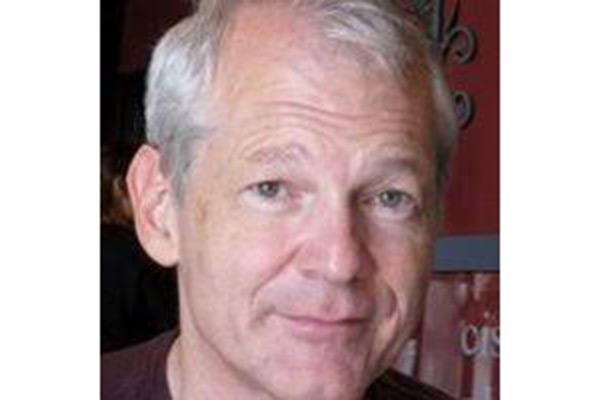
“The Issue of Cognitive Experience”
Abstract: The goal of this talk is to offer an interpretation of the dispute over “cognitive phenomenology,” and to outline two ways of arguing for what I will call an “Inclusive” response to it. This says, roughly, that there’s no way differences in our occurrent conceptual understanding could be switched off or switched around while leaving the subjective character of ordinary concurrent experience just the same. The first strategy of argument (“the elusive duplicate”) starts from the fact that we can conceive of differences in the character of our experience in terms of differences in our ways of understanding language. The question then is whether we can duplicate the phenomenal character so identified while stripping away understanding. The second strategy (“the argument from interest”) focuses on our experience of being interested in what we read or hear said. The question is whether we can account for the relationship between this experience and occurrent understanding without including the latter in the former. This second argument aims to elucidate why the issue should seem important to those favoring “Inclusion”: to deny it is to make it unfathomable why our lives aren’t immensely more boring.
Charles Siewert is the Robert Alan and Kathryn Dunlevie Hayes Chair in Humanities at Rice University. He works in the philosophy of mind and phenomenology.
